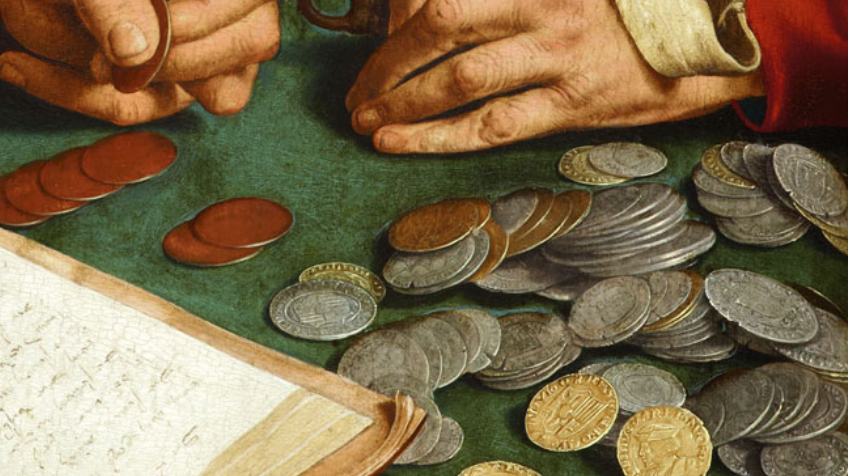
Estonian Corporate Tax Model Should Return Home, to Lithuania
BY
LFMI / April 6, 2021
The Lithuanian government has enlisted Lithuanian Free Market Institute’s (LFMI) proposal for adopting the Estonian corporate income tax model among Lithuania\'s main tax reform alternatives.











